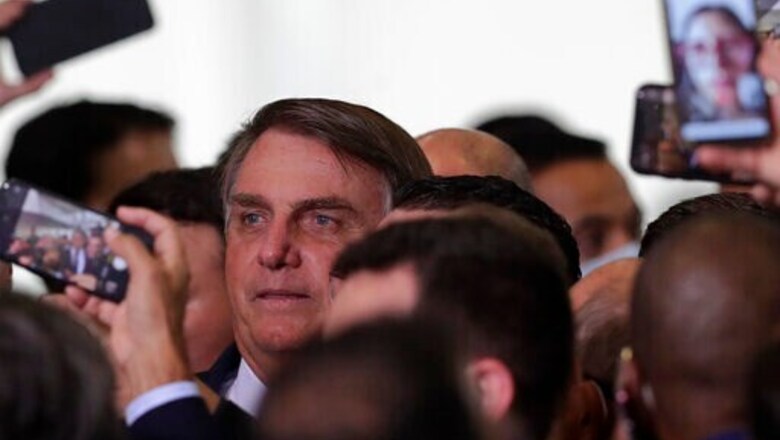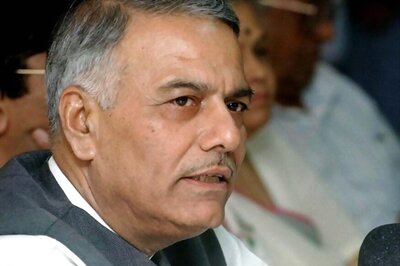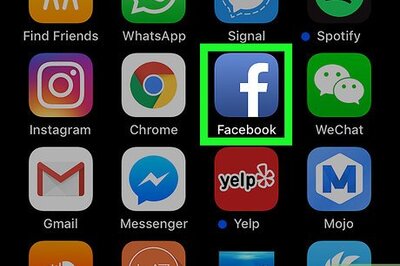
views
RIO DE JANEIRO: Board members of Brazilian oil giant Petrobras on Tuesday paved the way for approval of a retired general with no industry experience to take the helm of the state-controlled company, sparking fears of government meddling in pricing.
President Jair Bolsonaro announced last week that former Defense Minister Joaquim Silva e Luna would take over the firm, seeking to appeal to truck drivers who have threatened to strike over recent increases in fuel prices and whose 2018 strikes brought the country to a standstill.
Following standard procedure, Petrobras board voted on Tuesday to summon an extraordinary general assembly in order to elect Silva e Luna a board member, replacing Roberto Castello Branco, the company said in a statement. Once elected, Silva e Luna can be named chief executive.
Analysts said the nomination signaled to investors that political interests would take priority over the financial health of one of Brazils most iconic companies, and Petrobras shares were pummeled. It also stoked the markets fear that his administrations free-market economic agenda, which includes ambitious privatization plans, could be compromised, at least until after his 2022 reelection campaign.
If he (Bolsonaro) had dealt with it in a different way, it would have been a more natural path. The way Bolsonaro used his power … generated some tension in the market, said Lucas de Arago, a partner at Brasilia-based political consultancy Arko Advice. Its a matter of broken expectations.
Petrobras, a company wrapped up in the national identity, is also a major sponsor of arts and cultural events in Brazil. It is one of the major players exploiting the offshore pre-salt oil reserves, which former President Luiz Incio Lula da Silva in 2008 called Brazils passport to the future.
Over the weekend, as Petrobras shares were plunging some 20%, Bolsonaro warned that there was more was to come. Were going to stick our finger into the electricity sector, which is another problem, he said.
During her administration, which ended with impeachment, President Dilma Rousseff artificially suppressed fuel and energy prices. When that eventually unwound in 2015, inflation surged, which contributed to a plunge in her popularity.
On the campaign trail in 2018, Bolsonaro openly spoke of his disinterest in economic policy, referring all questions to a University of Chicago-trained, free-market economist, Paulo Guedes, whom he selected as his economy minister.
Petrobras current chief executive, Castello Branco, studied at the same university and Guedes chose him to lead the company. In recent years, executives have been working to restructure the company through the sale of non-strategic assets, using the proceeds to pay off debts and make investments. Castello Brancos mandate is up at the end of March.
Bolsonaros decision shows a weakening of the economy minister and his influence on the president, said Gilberto Braga, a finance professor at the Ibmec university in Rio de Janeiro. In some way the market is taking it as given that this is end of liberal economics.
There is even concern that Guedes could resign, some analysts said, and that another general or someone aligned with Bolsonaros interventionist instincts could take his place. That, in the markets point of view, would be disastrous, Braga added.
Arago said Bolsonaro chose in Luna someone he could trust. But Luna may not be able to prevent fuel price readjustments on his own, he said.
We have to remember Petrobras has a board, which is responsible for many of the key decisions, including price.
Disclaimer: This post has been auto-published from an agency feed without any modifications to the text and has not been reviewed by an editor
Read all the Latest News, Breaking News and Coronavirus News here




















Comments
0 comment